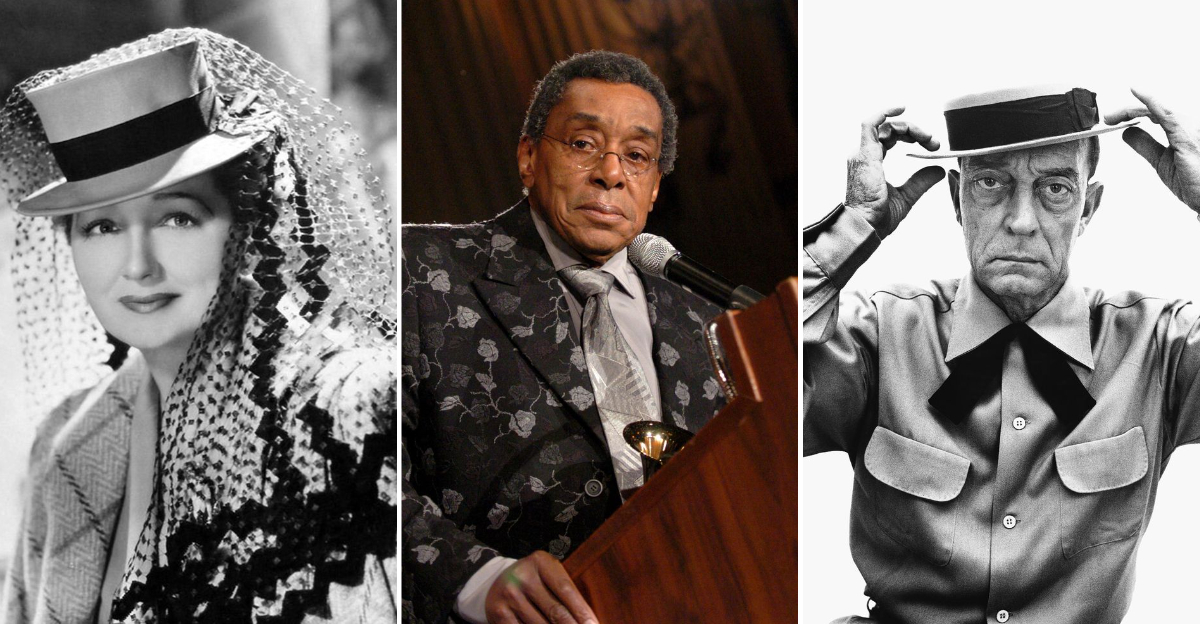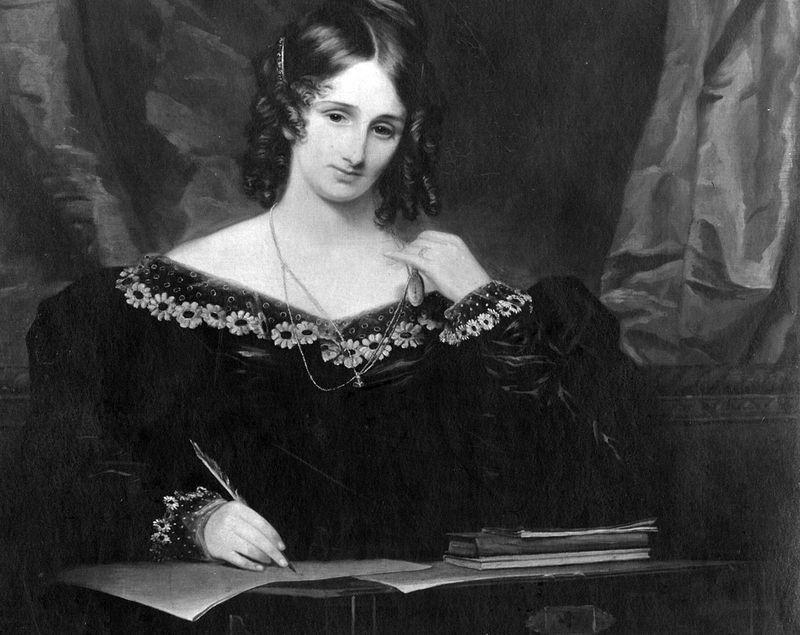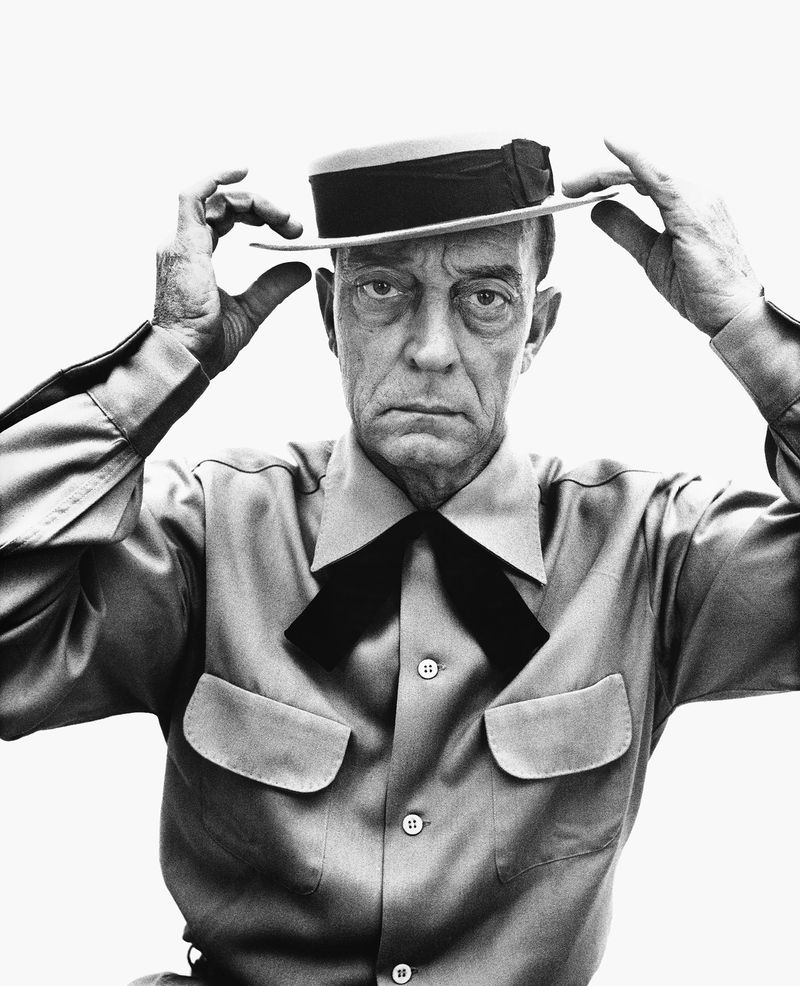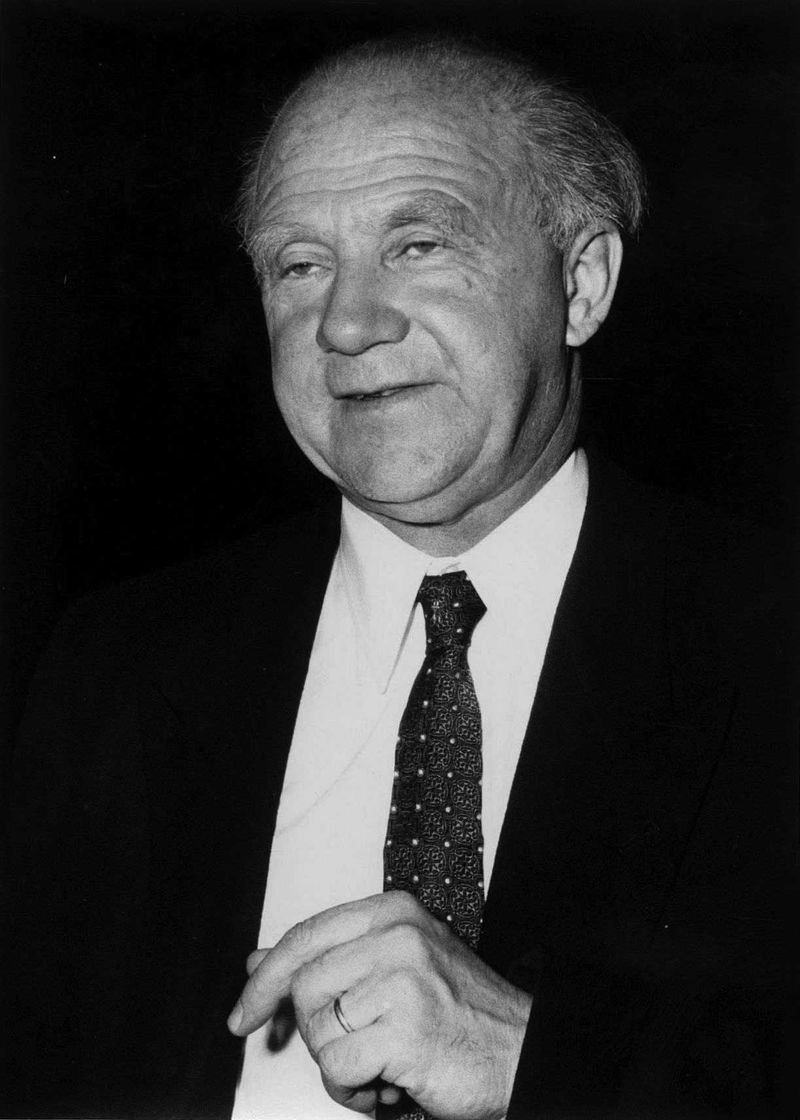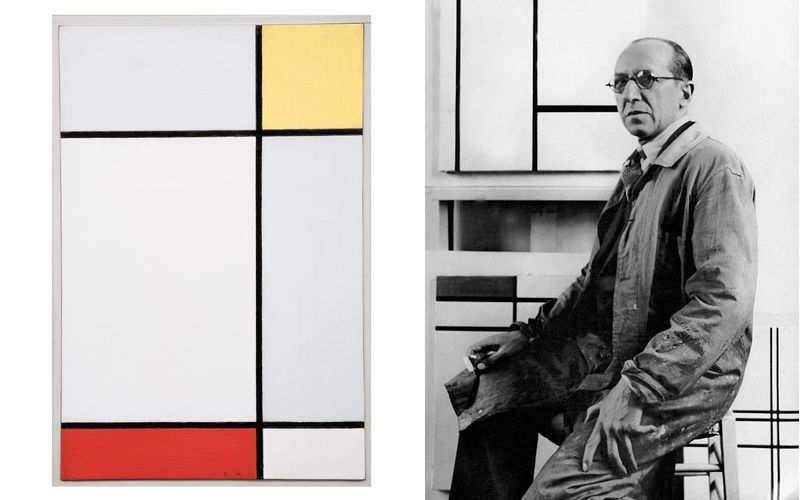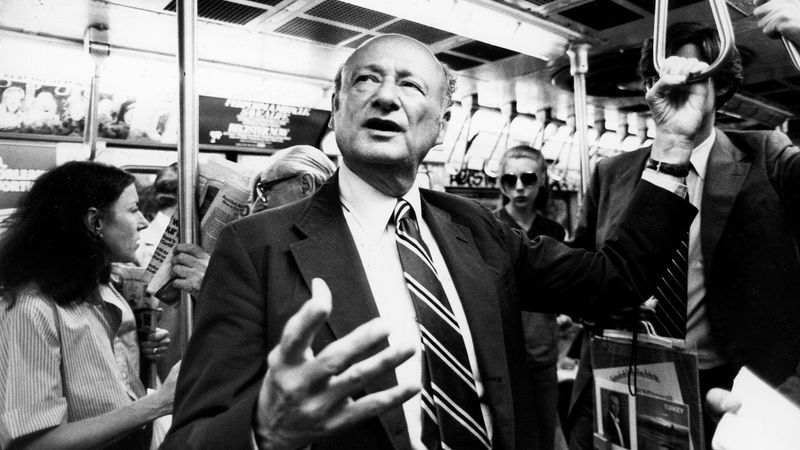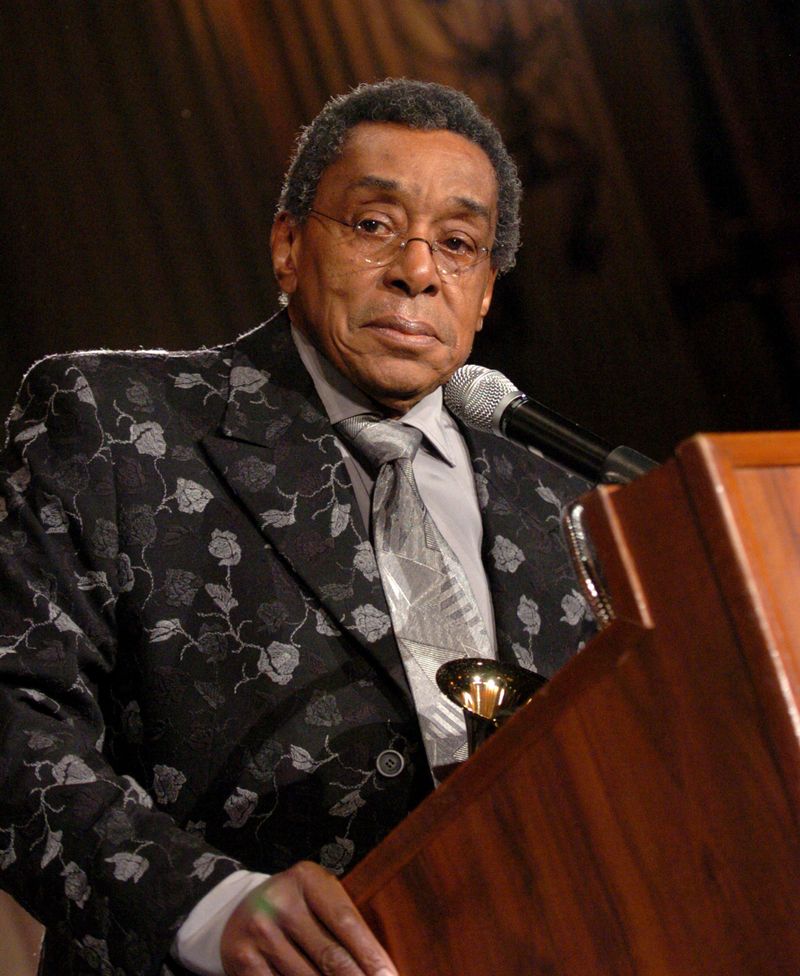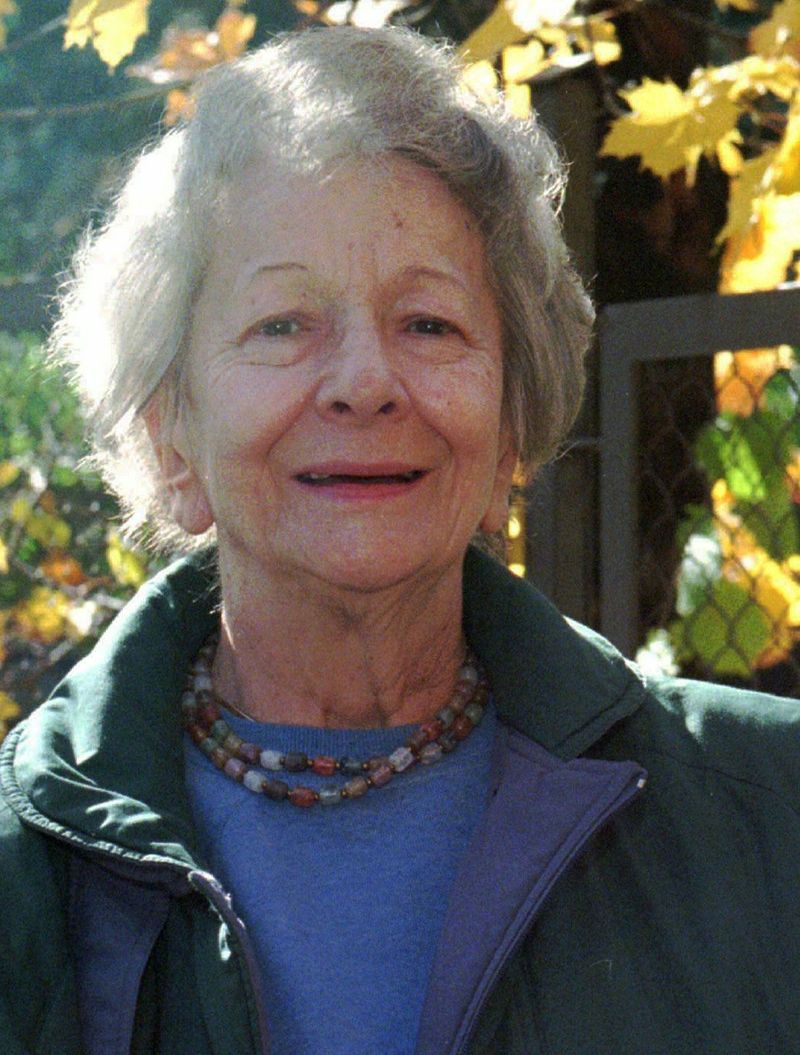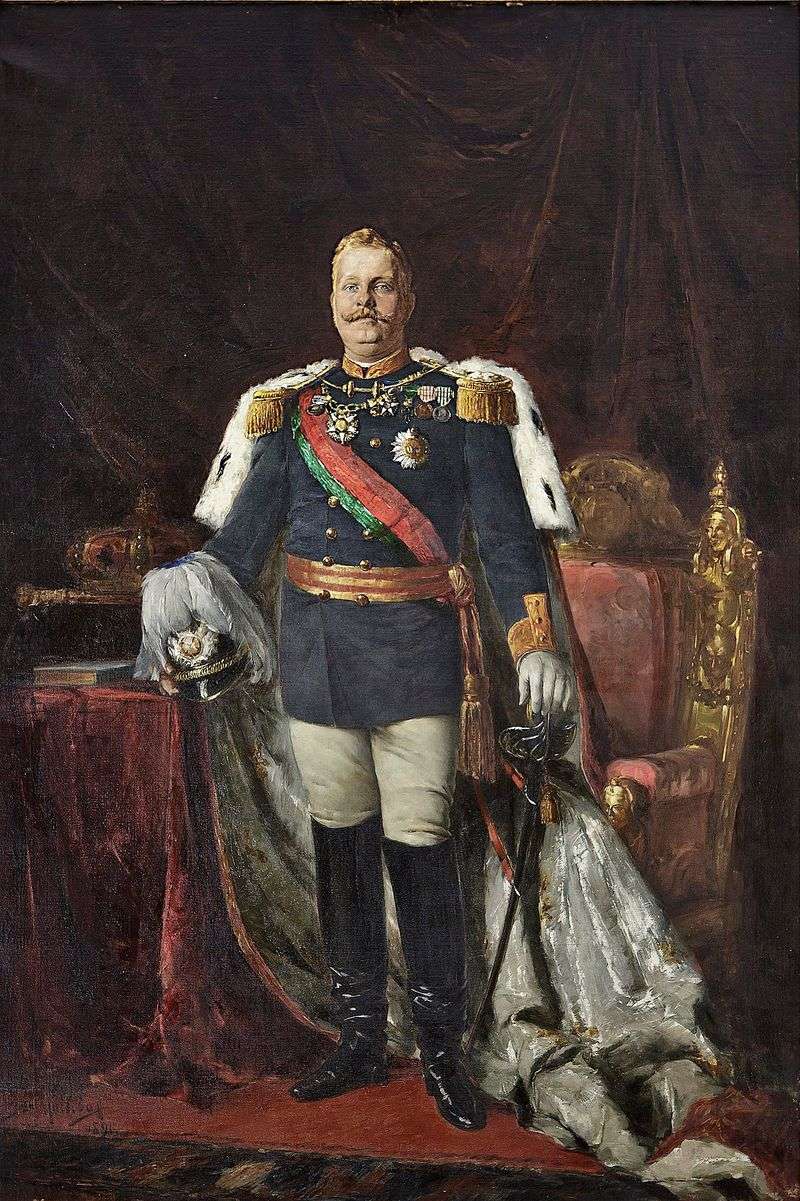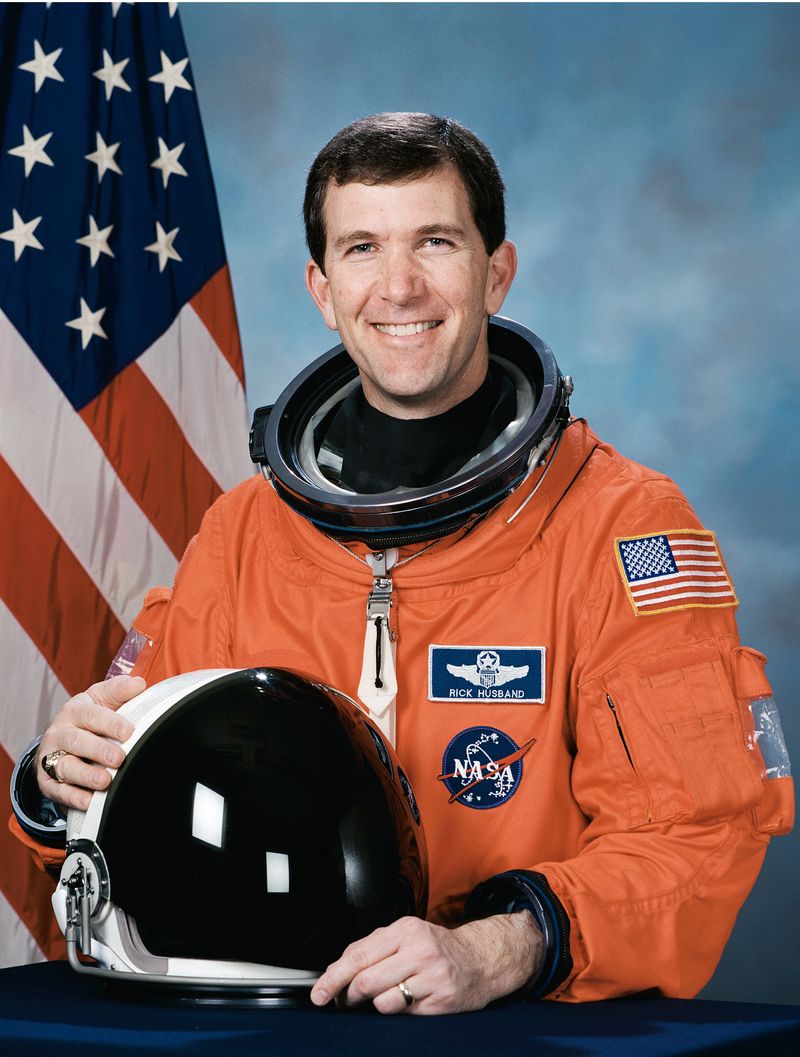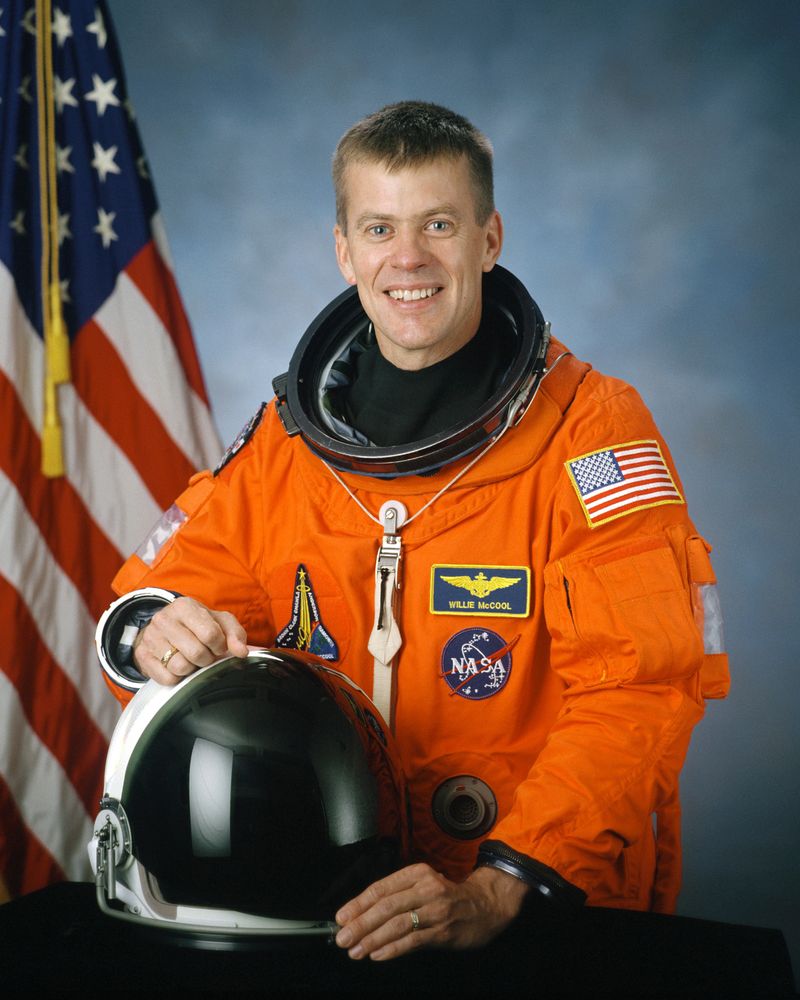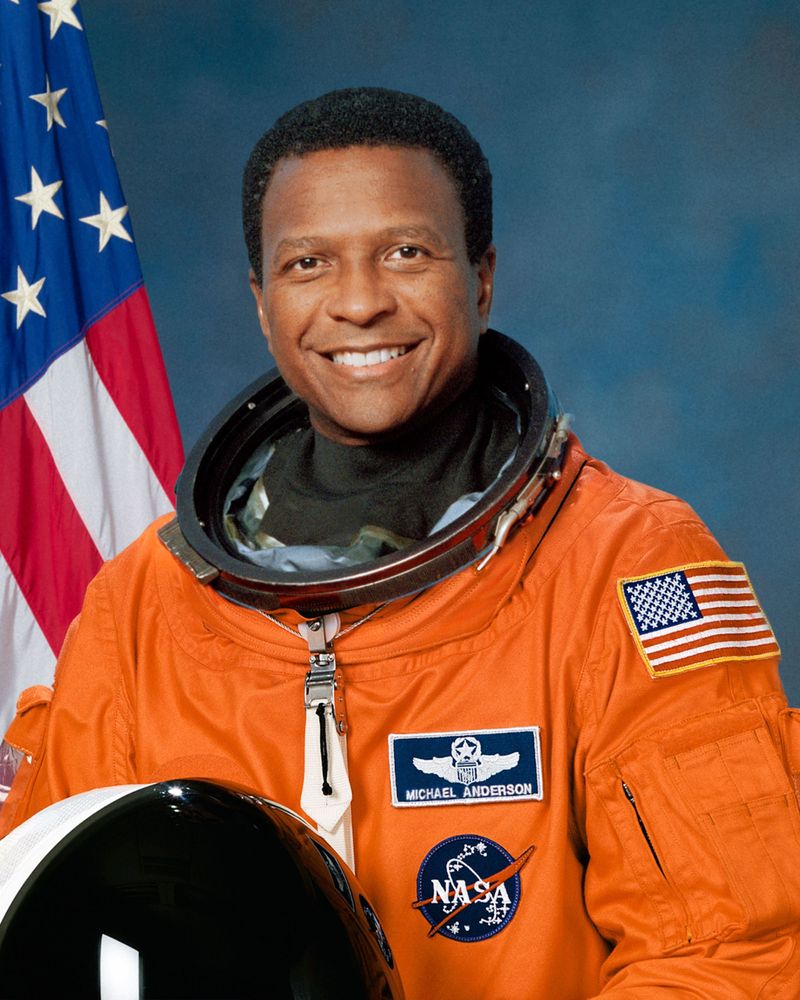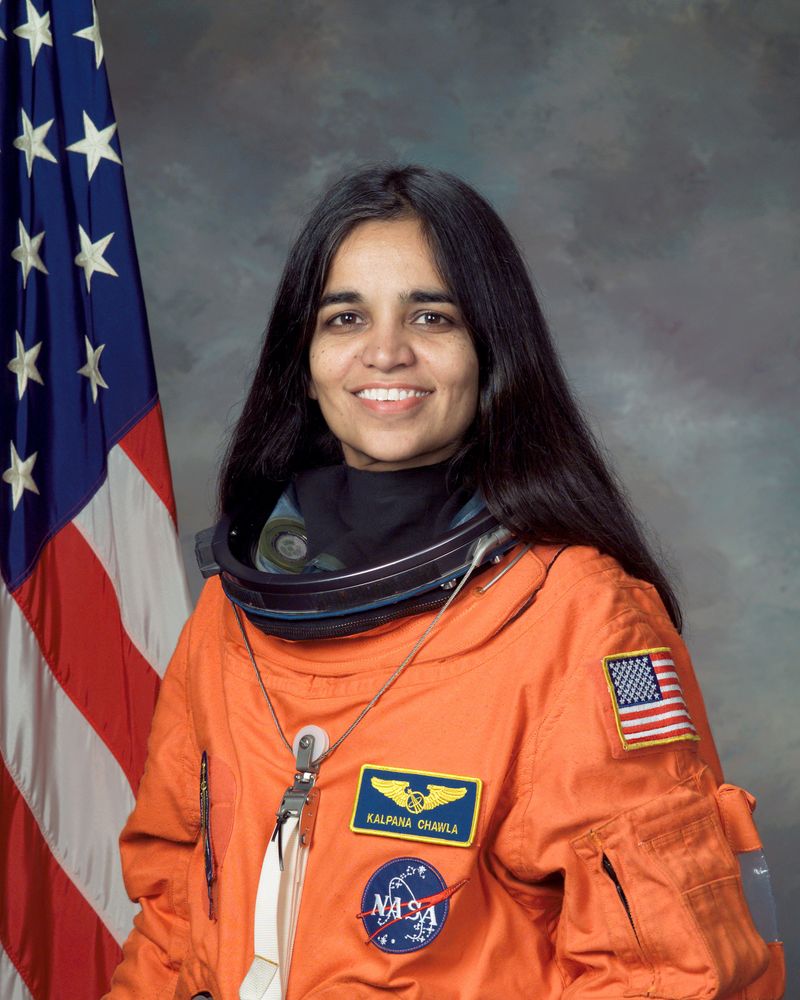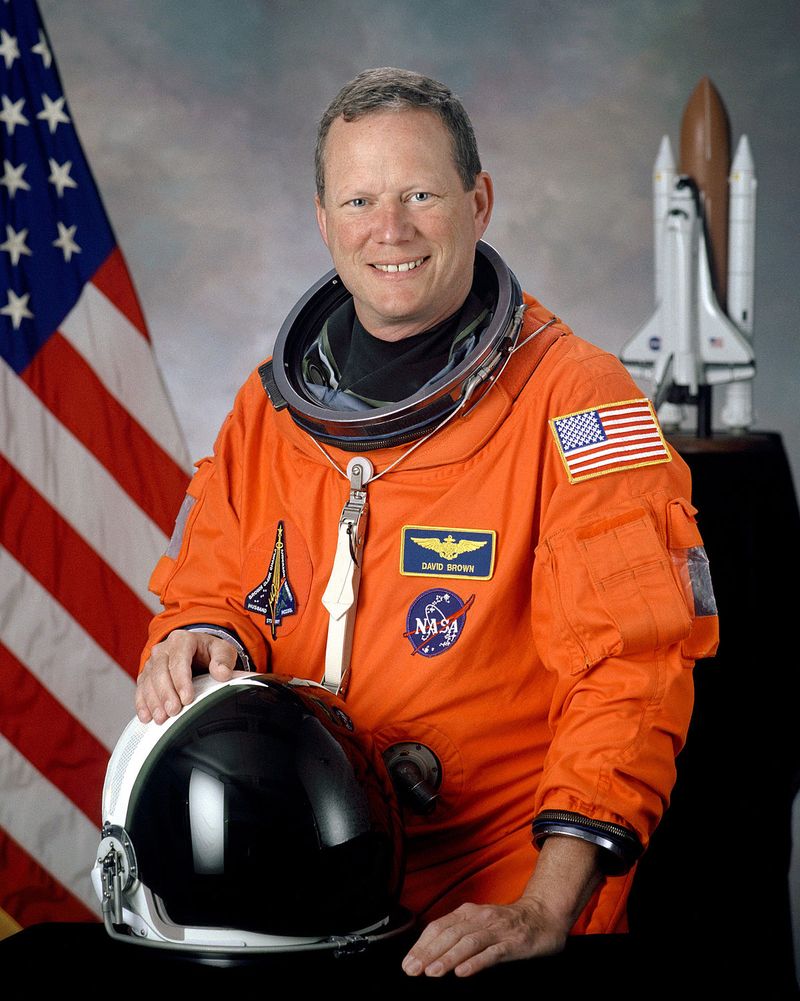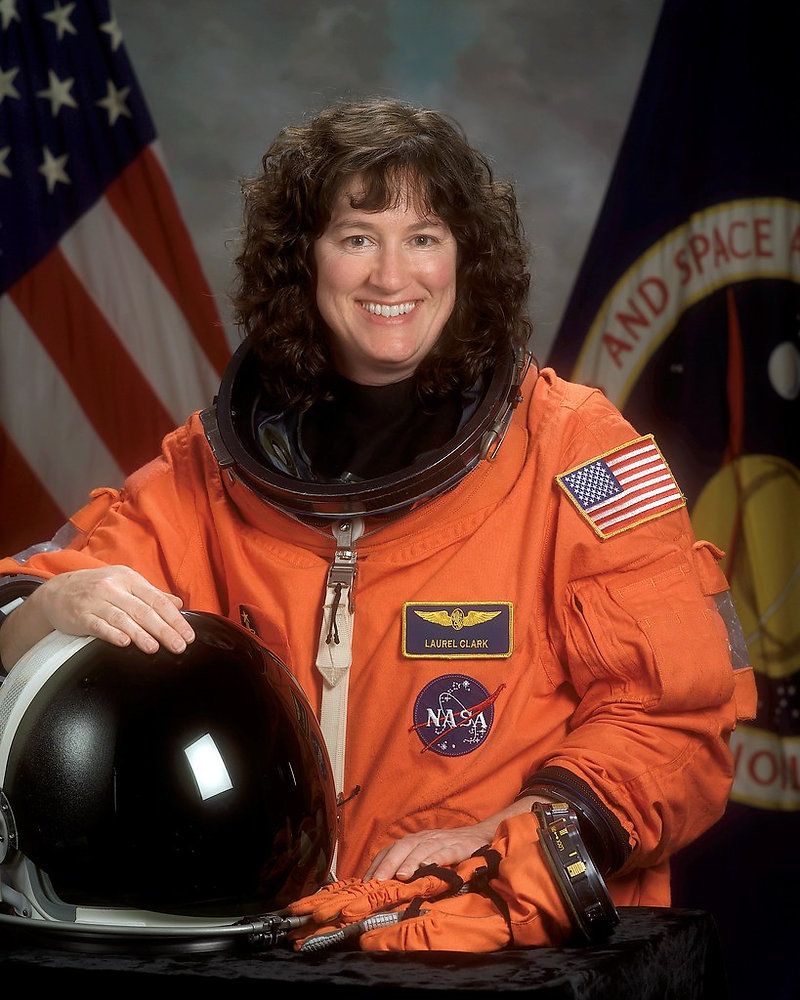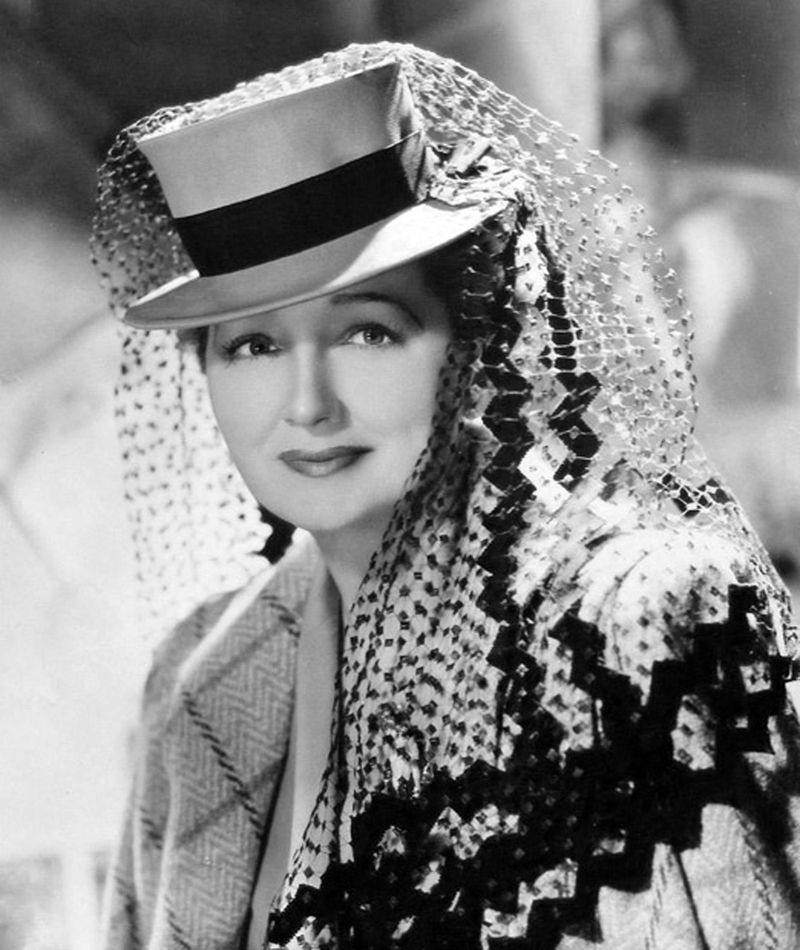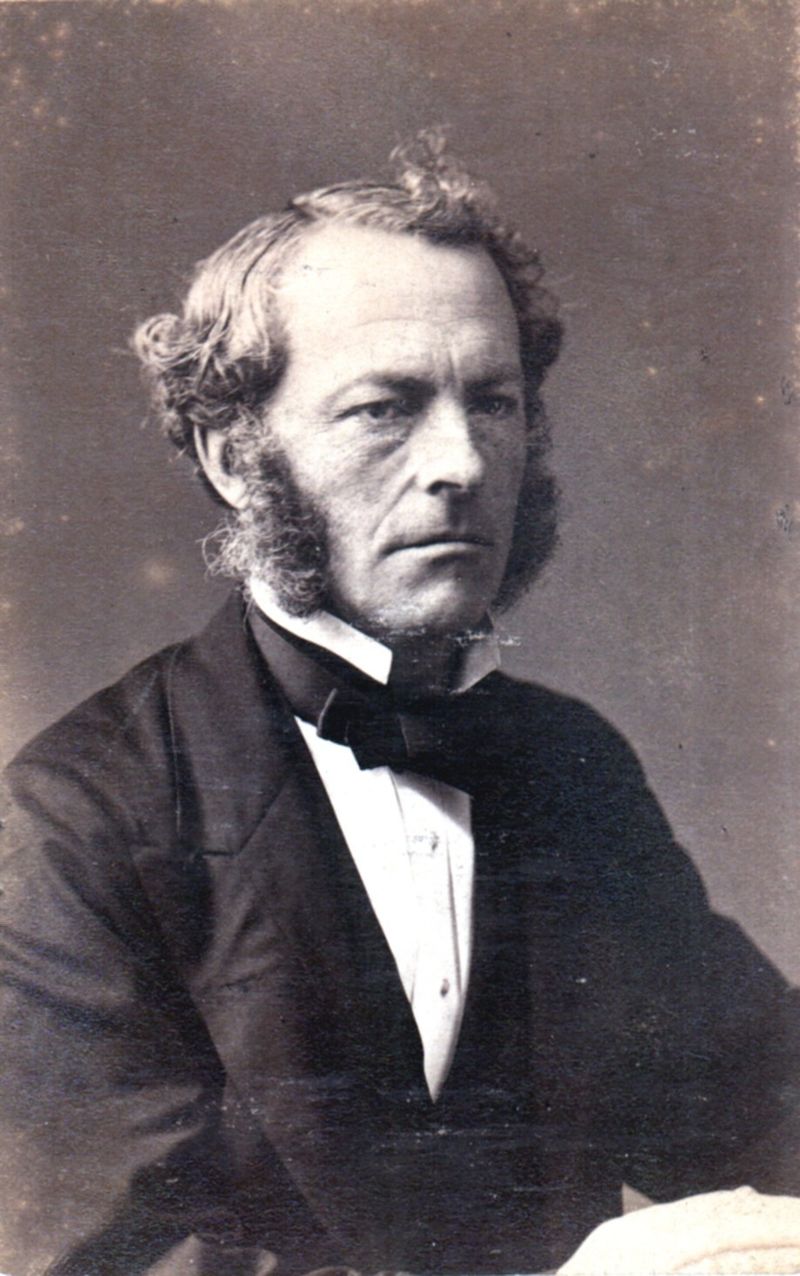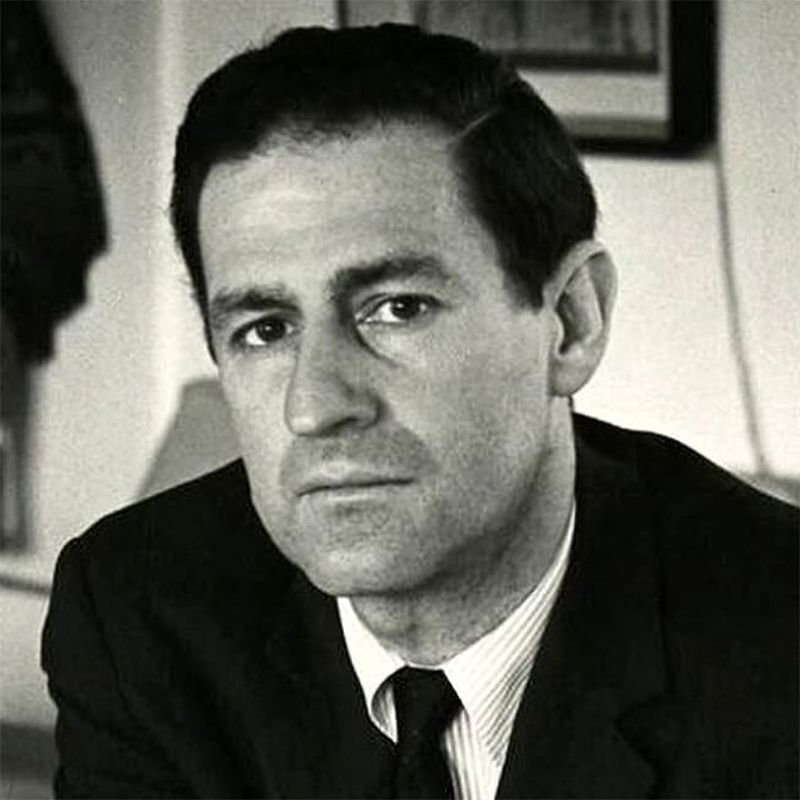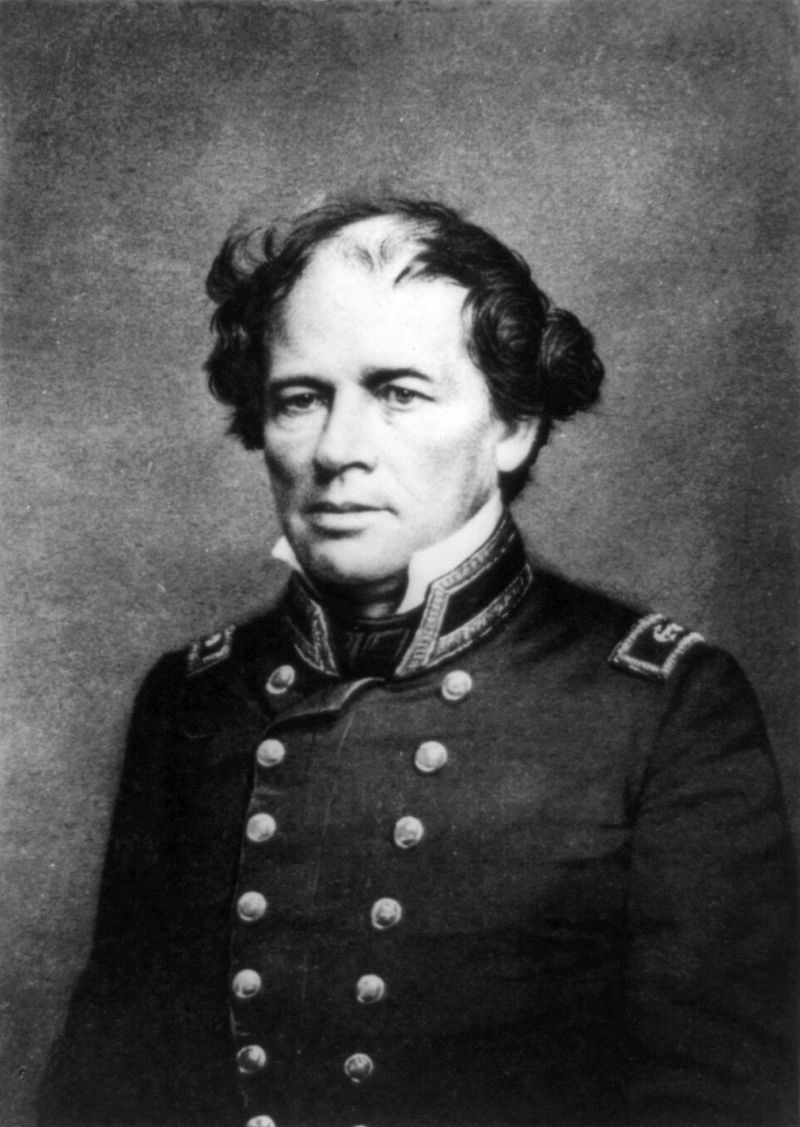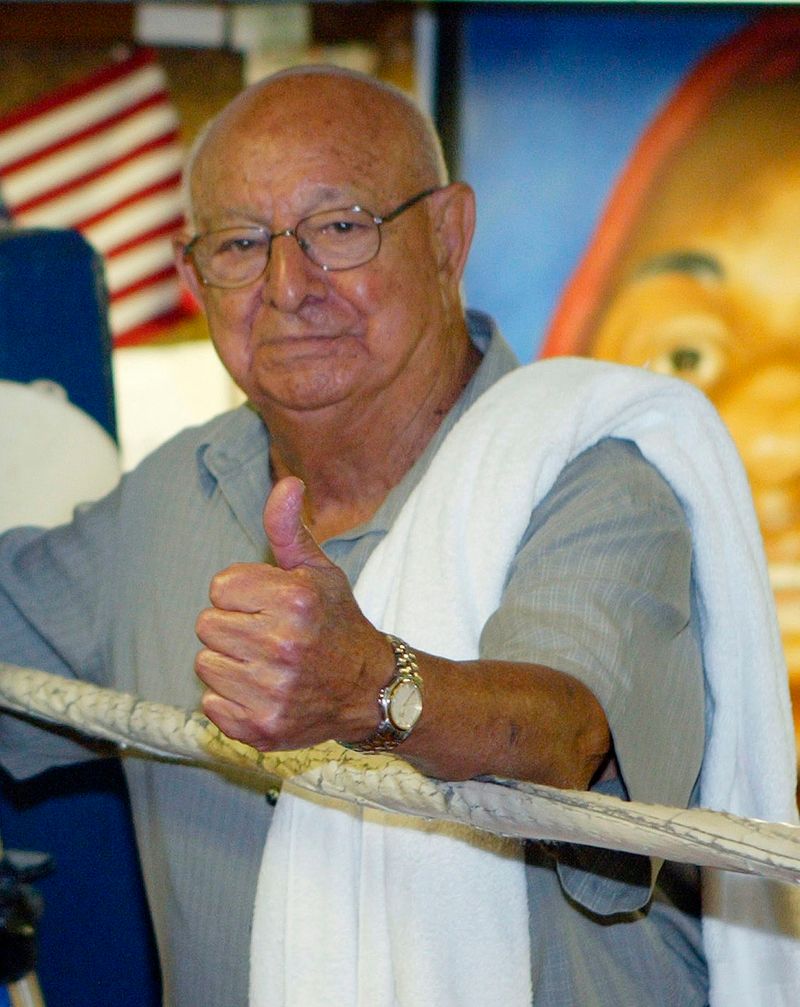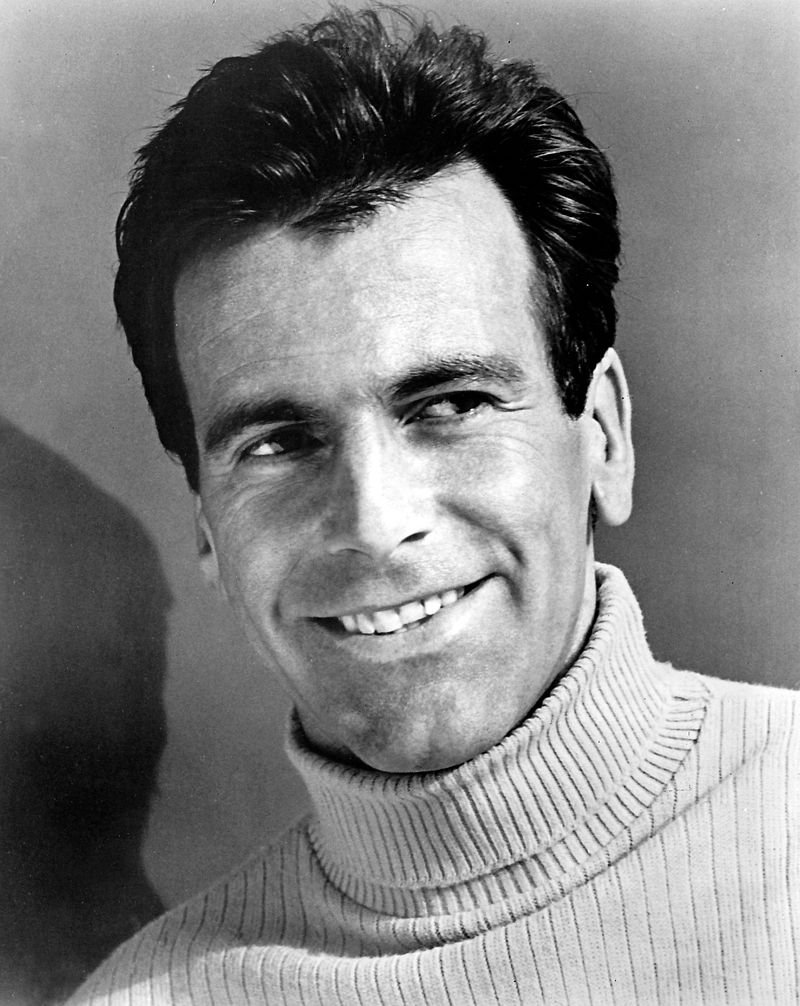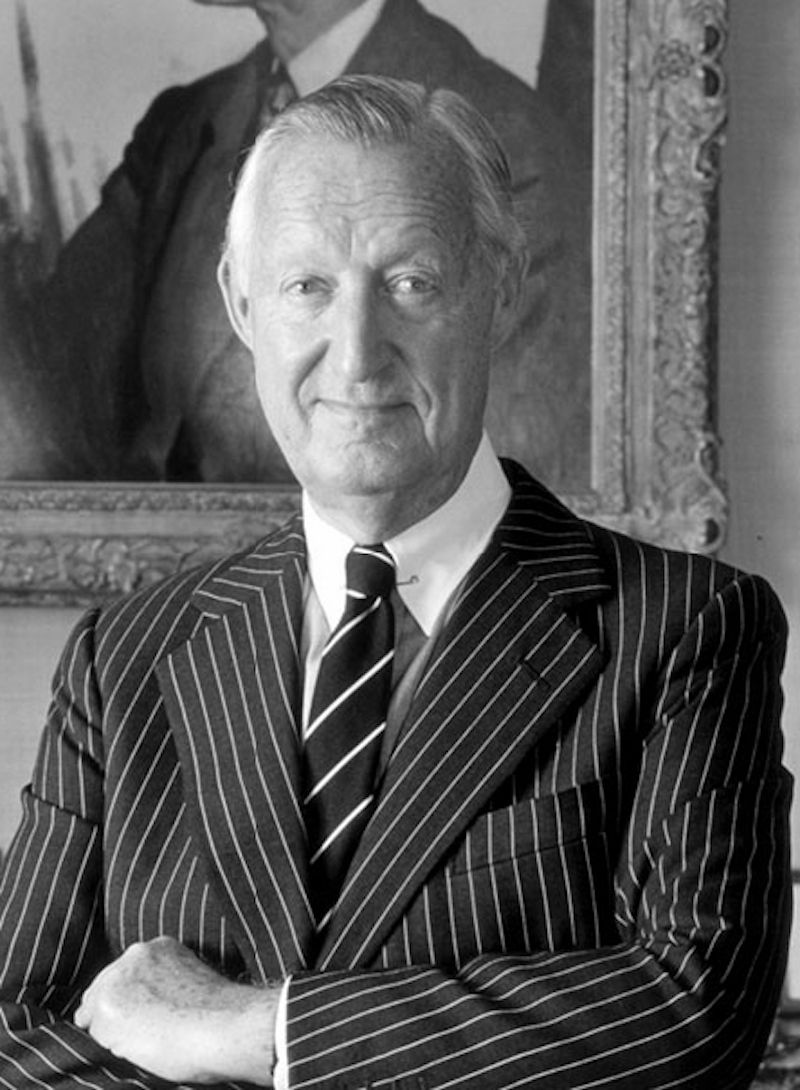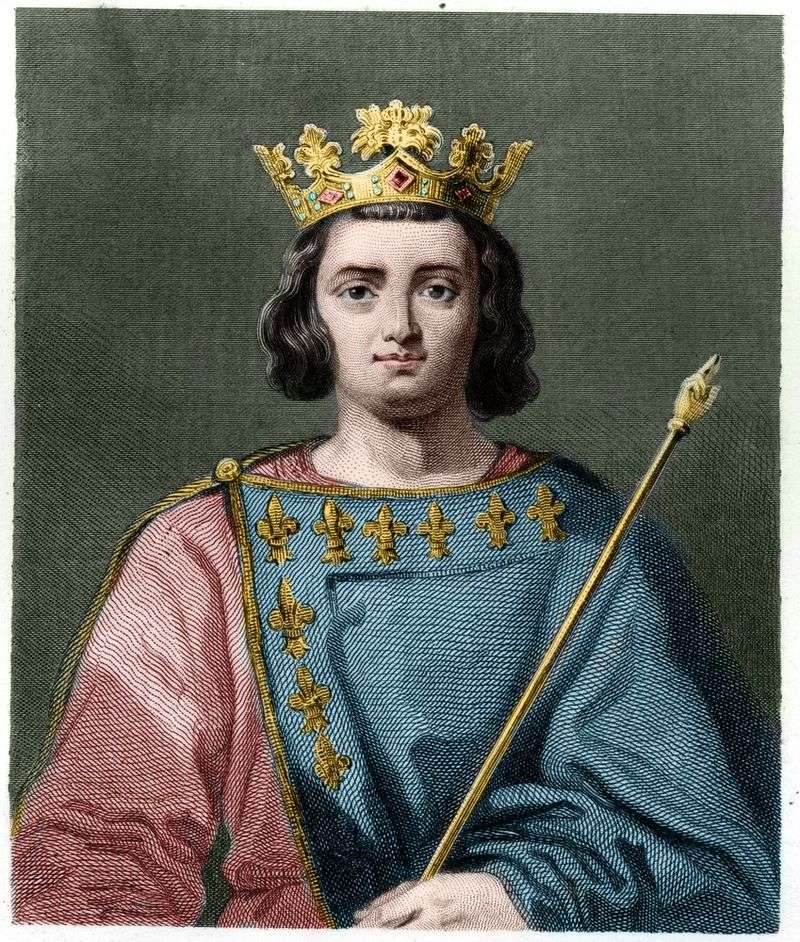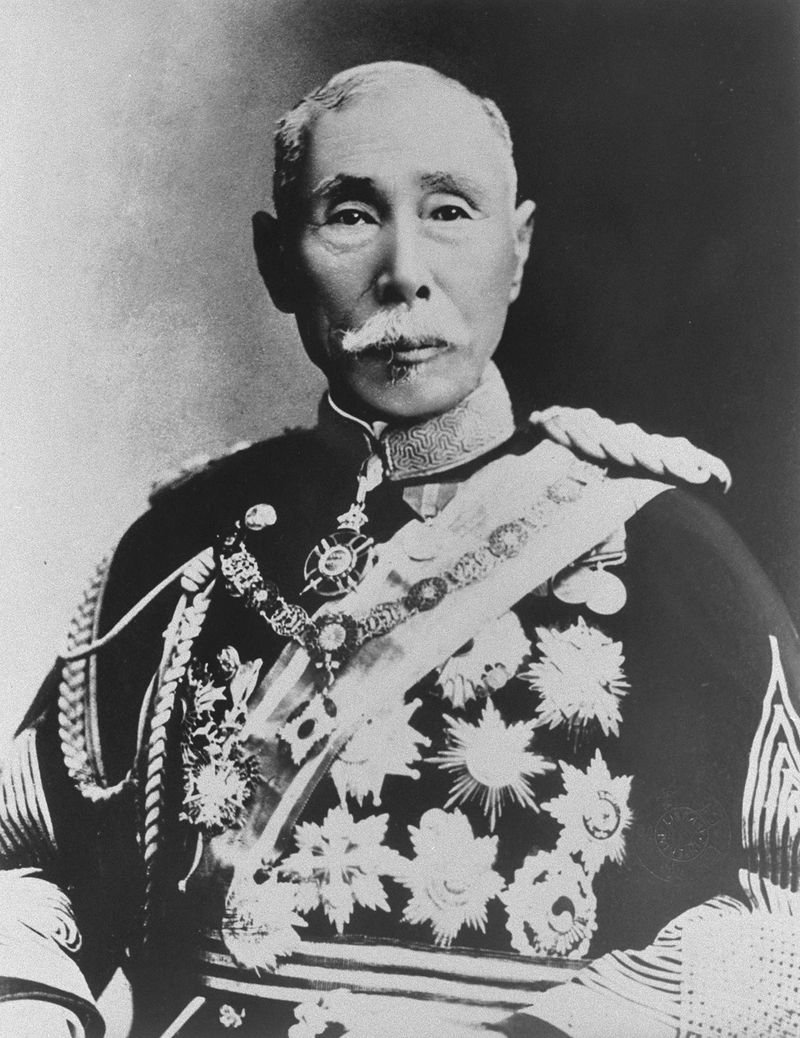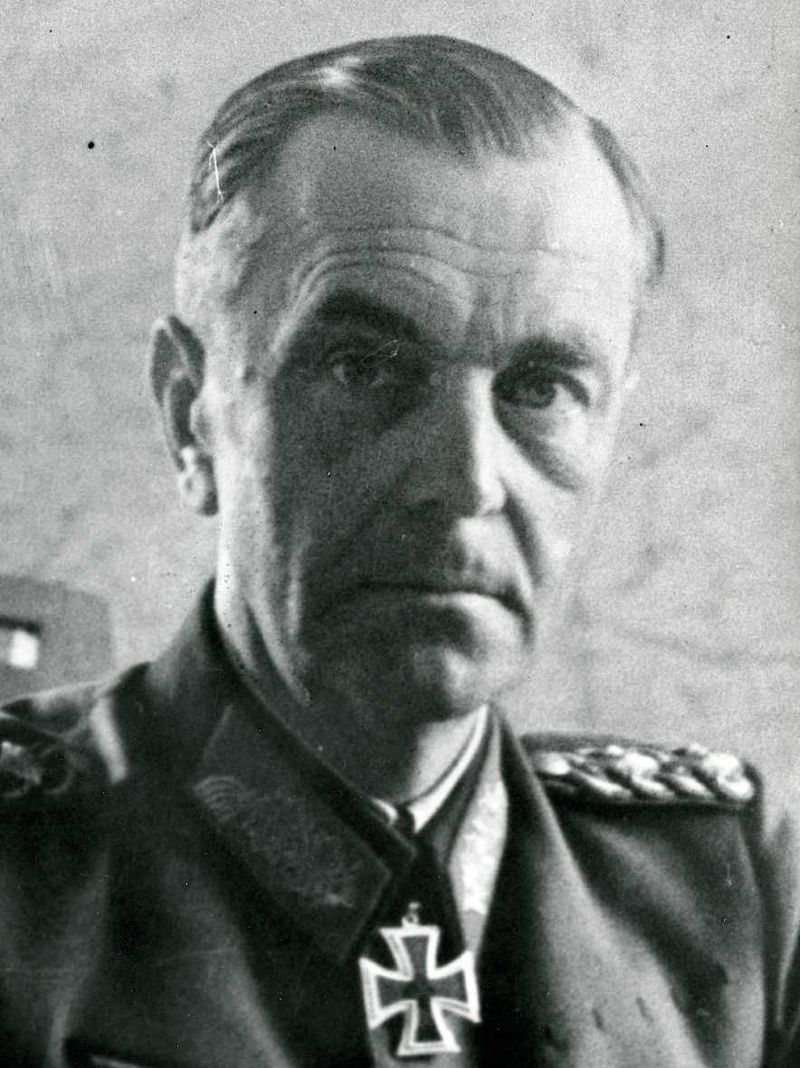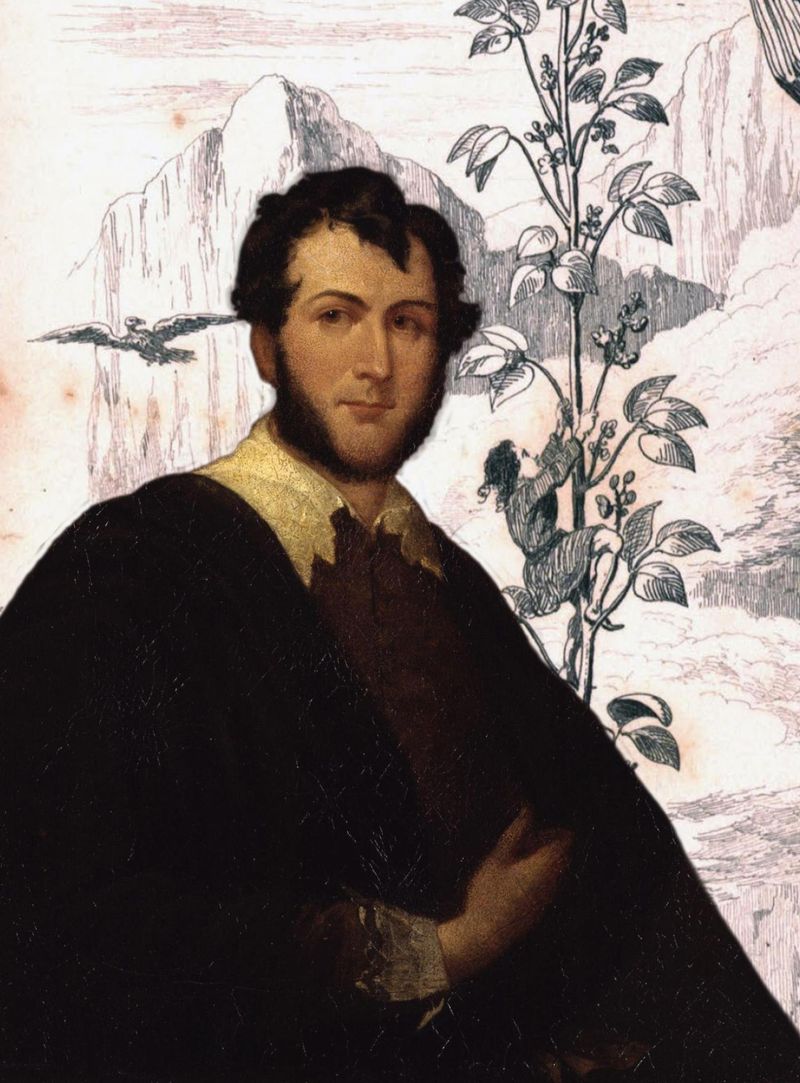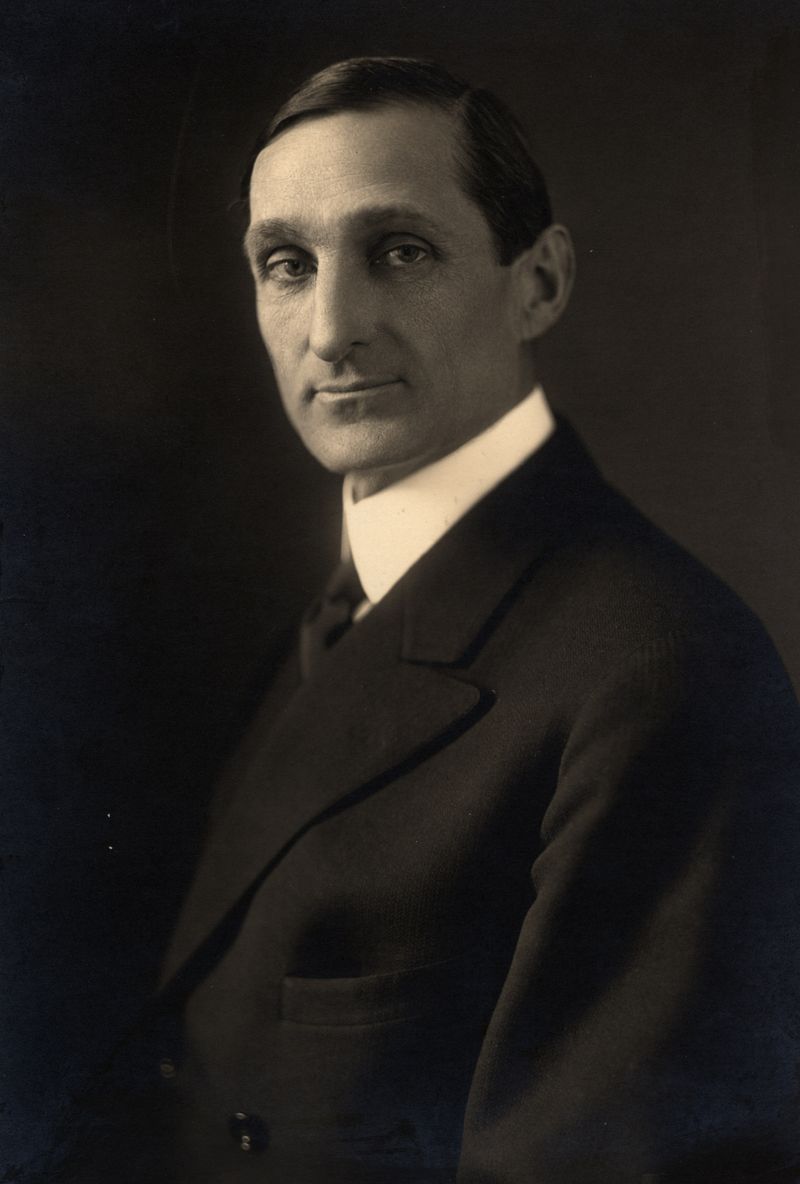February 1 has been marked by the loss of numerous influential figures across various fields. From the arts to science, politics to entertainment, these individuals have left indelible marks on their respective domains.
In this blog post, we remember 30 notable individuals who passed away on this date, celebrating the legacies they left behind.
1. Mary Shelley (1851)
Mary Shelley, renowned for her novel “Frankenstein,” was an English novelist who passed away in 1851. Her creation, the iconic Dr. Frankenstein and his creature, has endured in literature and popular culture.
Shelley’s work has inspired countless adaptations, from films to theater productions. She was a pioneer in the genre of science fiction, exploring themes of ambition and responsibility.
Raised amidst literary giants, Mary was the daughter of philosopher William Godwin and feminist Mary Wollstonecraft.
Her life was marked by personal tragedy, including the loss of her husband, poet Percy Bysshe Shelley. These experiences profoundly influenced her writing.
2. Buster Keaton (1966)
Buster Keaton, an American silent film actor and comedian, is celebrated for his extraordinary skills in physical comedy and slapstick. Keaton’s stoic expression earned him the nickname “The Great Stone Face.”
He was a master of visual gags and innovative stunts, many of which remain influential in the world of comedy.
Born into a vaudeville family, Keaton began performing at a young age. His films, such as “The General” and “Sherlock Jr.,” showcased his unique blend of humor and daring. Keaton’s legacy is characterized by his enduring impact on comedy and film-making techniques.
3. Werner Heisenberg (1976)
Werner Heisenberg, a German physicist, was a pioneer of quantum mechanics and is best known for the Heisenberg Uncertainty Principle. This principle fundamentally changed our understanding of subatomic particles, asserting the limits of precision in measurement. Heisenberg’s contributions to physics earned him the Nobel Prize in Physics in 1932.
He played a significant role during World War II, working on Germany’s nuclear weapon project. Despite controversies surrounding his wartime activities, Heisenberg’s scientific achievements remain influential.
His work laid the groundwork for modern quantum theory, influencing generations of physicists and advancing our understanding of the universe.
4. Piet Mondrian (1944)
Piet Mondrian was a Dutch painter known for his significant contributions to abstract art. He developed a distinct style characterized by geometric shapes and primary colors, known as Neoplasticism. Mondrian’s work aimed to express harmony and order, stripping art down to its basic elements.
His paintings, such as “Composition with Red, Blue, and Yellow,” are celebrated for their simplicity and depth.
Mondrian was part of the De Stijl movement, which influenced architecture and design. His innovative approach to painting continues to inspire artists and designers, making him a pivotal figure in modern art history.
5. Ed Koch (2013)
Ed Koch, the charismatic former Mayor of New York City, was known for his straight-talking and energetic leadership.
Serving from 1978 to 1989, Koch played a key role in rejuvenating the city’s economy and infrastructure. His tenure was marked by initiatives to reduce crime and improve public services.
Koch’s approachable personality and famous phrase, “How’m I doin’?”, endeared him to many New Yorkers. He was a vocal advocate for civil rights and was instrumental in addressing challenges related to housing and public transportation.
Koch’s legacy is remembered for his dedication to the city’s improvement and his memorable public presence.
6. Don Cornelius (2012)
Don Cornelius was the visionary creator and host of the iconic TV show “Soul Train,” which became a cultural phenomenon. Launched in 1970, the show celebrated African American music, dance, and culture, introducing artists like Aretha Franklin and James Brown to a wider audience.
Cornelius’ suave demeanor and deep voice became synonymous with the show’s charm. “Soul Train” provided a platform for Black artists during a time of limited media representation.
Through his work, Cornelius helped shape the music industry, influencing generations and leaving a lasting impact on entertainment and American culture.
7. Heather O’Rourke (1988)
Heather O’Rourke was a beloved child actress who gained fame for her role in the “Poltergeist” film series. Her line, “They’re here,” became iconic in horror cinema.
Despite her young age, Heather’s talent and charisma shone through her performances, earning her a place in Hollywood history.
Tragically, her life was cut short at just 12 years old due to a medical mishap. Despite her brief career, Heather’s impact on the film industry and her fans was profound. Her performances continue to be celebrated, and she is remembered as a talented young star who left us too soon.
8. Wislawa Szymborska (2012)
Wislawa Szymborska, a Polish poet, was awarded the Nobel Prize in Literature in 1996 for her impactful and insightful poetry.
Her work often explored themes of existence, identity, and the human condition, resonating with readers worldwide. Szymborska’s poems are known for their wit, irony, and profound observations.
Her literary career spanned several decades, during which she published numerous collections. Szymborska’s unique voice and style made her one of Poland’s most cherished poets.
Her ability to capture complex emotions with simplicity and grace continues to inspire poets and readers alike, securing her place in literary history.
9. Carlos I of Portugal (1908)
Carlos I of Portugal was the King of Portugal from 1889 until his assassination in 1908. His reign was marked by political turmoil and economic challenges, as Portugal struggled with modernization and colonial issues.
Carlos sought to strengthen the monarchy and implement reforms to stabilize the nation.
Despite his efforts, tensions with republican factions escalated, leading to his tragic assassination. His death marked a turning point in Portuguese history, hastening the fall of the monarchy. Carlos is remembered for his dedication to his country and the challenges he faced during a turbulent period.
10. Rick Husband (2003)
Rick Husband was a NASA astronaut and the commander of the Space Shuttle Columbia. Tragically, he perished during the Columbia disaster in 2003 when the shuttle disintegrated during re-entry.
Husband’s dedication to space exploration was evident throughout his career in the U.S. Air Force and NASA.
He was respected for his leadership and commitment to advancing human spaceflight. Husband’s legacy is honored through various dedications, including a planetarium and a statue in his hometown.
His contributions to space exploration and his inspiring life continue to be celebrated by those who follow in his footsteps.
11. William C. McCool (2003)
William C. McCool was a NASA astronaut and the pilot of the Space Shuttle Columbia. He tragically lost his life in 2003 when Columbia was destroyed during re-entry. McCool was a dedicated naval officer and aviator, demonstrating a passion for exploration and discovery.
His calm demeanor and professionalism made him a respected figure among his peers. McCool’s contributions to the mission and his commitment to the pursuit of knowledge left a lasting impact.
He is remembered as a courageous astronaut who dedicated his life to advancing human understanding of space and science.
12. Michael P. Anderson (2003)
Michael P. Anderson was a NASA astronaut and the payload commander on the Space Shuttle Columbia’s ill-fated mission. A physicist and Air Force officer, Anderson was dedicated to advancing scientific research in space.
His role on Columbia involved managing scientific experiments aimed at enhancing our understanding of microgravity.
Anderson’s commitment to education and science inspired many, particularly young African Americans aspiring to careers in STEM fields. His tragic death in 2003 marked a significant loss to the scientific community.
Anderson’s legacy endures through scholarships and educational programs established in his honor.
13. Kalpana Chawla (2003)
Kalpana Chawla was the first woman of Indian origin to travel to space and a respected NASA astronaut. Tragically, she perished in the Space Shuttle Columbia disaster. Chawla’s journey from India to the stars exemplified her determination and passion for space exploration.
Her work as a mission specialist focused on various experiments aimed at understanding the effects of microgravity. Chawla’s legacy continues to inspire many, particularly women and young people in STEM fields.
Her life and achievements are commemorated through numerous awards and institutions dedicated to promoting science and education.
14. David M. Brown (2003)
David M. Brown was a NASA astronaut and mission specialist on the Space Shuttle Columbia. He tragically lost his life in the 2003 disaster. A U.S. Navy captain and flight surgeon, Brown was dedicated to the advancement of human spaceflight and scientific research.
His work involved conducting experiments to enhance our understanding of space and human physiology. Brown’s enthusiasm and commitment made him a beloved member of the astronaut community.
He is remembered for his contributions to science and exploration, with scholarships and educational programs established in his honor to inspire future generations.
15. Laurel B. Clark (2003)
Laurel B. Clark, a respected NASA astronaut, served as a mission specialist aboard the Space Shuttle Columbia. Her tragic death in 2003 marked the end of a promising career dedicated to scientific research in space.
A physician and U.S. Navy captain, Clark focused on life sciences and biological experiments during her missions.
Clark’s passion for exploration and discovery inspired many. She was known for her warm personality and dedication to advancing scientific knowledge.
Her legacy lives on through educational initiatives and memorials, encouraging young people to pursue careers in science and space exploration.
16. Hedda Hopper (1966)
Hedda Hopper was an influential American gossip columnist and actress, known for her flamboyant hats and sharp wit. Hopper’s Hollywood career began in silent films before she transitioned to writing, where she became a prominent figure in entertainment journalism.
Her column, filled with insider scoops and celebrity news, was widely read and often controversial. Hopper wielded significant power, shaping public perceptions of Hollywood stars.
Though criticized for her tactics, her influence on media and celebrity culture was undeniable. Hopper’s legacy is remembered for her larger-than-life personality and her role in the evolution of entertainment reporting.
17. George Stokes (1903)
George Stokes was an Irish physicist and mathematician who made significant contributions to fluid dynamics and wave theory.
His work on the Navier-Stokes equations laid the foundation for understanding fluid motion, impacting fields from engineering to meteorology.
Stokes also contributed to optics, particularly in polarization and fluorescence, enhancing comprehension of light behavior. His scientific achievements earned him a fellowship at the Royal Society and presidency of the Cambridge Philosophical Society.
Stokes’ legacy lives on in the mathematical principles that bear his name, continuing to influence scientific research and development across various disciplines.
18. Gian Carlo Menotti (2007)
Gian Carlo Menotti was an Italian-American composer and librettist, renowned for his operas including “The Consul” and “Amahl and the Night Visitors.” Menotti’s work combined musical innovation with dramatic storytelling, earning him two Pulitzer Prizes.
His influence extended beyond composition; he founded the Spoleto Festival to celebrate performing arts. Menotti’s operas often addressed social and political themes, resonating with audiences worldwide.
His passion for the arts and commitment to cultural exchange left a lasting impact on the world of music and theater, ensuring his place as a pivotal figure in 20th-century opera.
19. Matthew Fontaine Maury (1873)
Matthew Fontaine Maury, an American astronomer, oceanographer, and naval officer, is often called the “Father of Modern Oceanography.” His pioneering work on sea currents and wind patterns revolutionized navigation, making maritime travel safer and more efficient.
Maury’s publication, “The Physical Geography of the Sea,” was the first comprehensive oceanographic textbook. His passion for exploration and science led to advancements in meteorology and hydrography.
Despite controversial views during the Civil War, his contributions to oceanography remain significant. Maury’s legacy endures in the scientific principles he established, which continue to guide oceanographers and navigators worldwide.
20. Angelo Dundee (2012)
Angelo Dundee was a legendary American boxing trainer, best known for his work with Muhammad Ali and Sugar Ray Leonard. Dundee’s expertise and strategic acumen made him a revered figure in the boxing world, guiding fighters to numerous championships.
His career spanned over six decades, during which he became renowned for his ability to motivate and train athletes.
Dundee’s influence extended beyond the ring, as he became an ambassador for the sport. His legacy is celebrated through his contributions to boxing and the champions he helped create, cementing his status as one of the greatest trainers in history.
21. Maximilian Schell (2014)
Maximilian Schell was an Austrian-Swiss actor and director, celebrated for his roles in films like “Judgment at Nuremberg,” for which he won an Academy Award.
Known for his intense performances and versatility, Schell was a prominent figure in European and American cinema.
He also directed films and documentaries, showcasing his multifaceted talent. Schell’s career spanned over six decades, earning him acclaim and admiration worldwide.
His dedication to his craft and contributions to film continue to be celebrated, as he remains an iconic figure in the industry, inspiring new generations of actors and filmmakers.
22. Paul Mellon (1999)
Paul Mellon was an American philanthropist and art collector, renowned for his vast contributions to cultural and educational institutions. Mellon donated significant pieces to museums, including the National Gallery of Art, enriching public access to art.
His passion for art and education was reflected in his generous support of universities and research initiatives. Mellon was instrumental in preserving historical landmarks and promoting cultural heritage.
His legacy is remembered through the institutions and programs he supported, which continue to inspire and educate. Mellon’s impact on the art world is celebrated through his dedication to sharing beauty and knowledge.
23. Charles IV of France (1328)
Charles IV of France, known as Charles the Fair, was the King of France from 1322 until his death in 1328. His reign faced challenges including political unrest and economic difficulties. Charles sought to strengthen royal authority and maintain peace within his realm.
Despite his efforts, his reign was marked by tensions with England and internal conflicts. Charles’ death without a male heir led to a succession crisis, eventually sparking the Hundred Years’ War.
His legacy is remembered for the complexities of his rule and the significant historical consequences that followed his reign.
24. Yamagata Aritomo (1922)
Yamagata Aritomo was a Japanese field marshal and twice Prime Minister, known for his role in modernizing Japan’s military and government. Aritomo played a key part in the Meiji Restoration, implementing reforms that transformed Japan into a modern state.
His influence extended to military strategy and education, shaping the nation’s development. Aritomo’s leadership during pivotal moments in Japan’s history was instrumental in its emergence as a global power.
His legacy is recognized in Japan’s political and military evolution, as he remains a significant figure in the country’s transition to modernity.
25. Friedrich Paulus (1957)
Friedrich Paulus was a German field marshal during World War II, best known for commanding the Sixth Army at the Battle of Stalingrad. His leadership during this critical battle ultimately ended in a catastrophic defeat for Germany, marking a turning point in the war.
Despite his initial successes, Paulus faced overwhelming Soviet forces and harsh conditions. His surrender in 1943 was a significant blow to Nazi Germany.
After the war, Paulus testified at the Nuremberg Trials, denouncing the Nazi regime. His legacy is intricately tied to the events of Stalingrad and the broader context of World War II.
26. George Cruikshank (1878)
George Cruikshank was a British caricaturist and illustrator, renowned for his satirical and humorous artwork. His illustrations for works by Charles Dickens and his political cartoons made him a prominent figure in Victorian art.
Cruikshank’s keen eye for detail and social commentary earned him acclaim and influence. His artwork often critiqued societal norms and politics, using humor to convey serious messages.
Cruikshank’s legacy is celebrated for his contribution to visual satire and his ability to capture the essence of his time. His works continue to be appreciated for their artistic value and historical significance.
27. William Gibbs McAdoo (1941)
William Gibbs McAdoo was an American politician and Secretary of the Treasury, instrumental in financing the U.S. efforts during World War I. His leadership in establishing the Federal Reserve System and issuing Liberty Bonds helped stabilize the nation’s economy.
McAdoo’s political career extended to serving as a U.S. Senator and running for the Democratic presidential nomination. His influence on American financial policy and infrastructure was significant, shaping the economic landscape of his era.
McAdoo’s legacy is remembered for his contributions to government finance and his efforts in promoting national economic growth.
